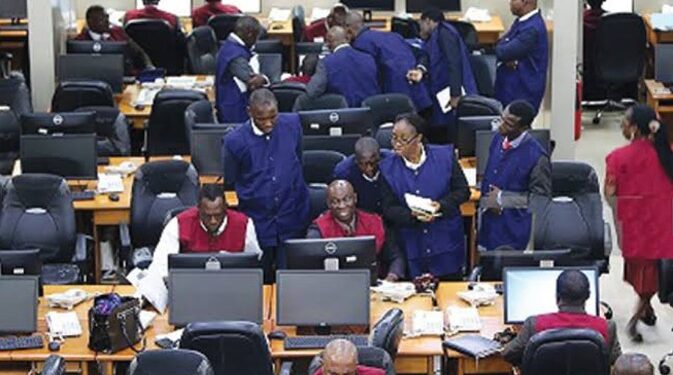Business Briefings
Seplat Weighs Stake Sale to NNPC, Unveils Ambitious Five-Year Expansion Strategy

Seplat Energy has confirmed that it is in negotiations with the Nigerian National Petroleum Company Limited (NNPC) to divest a 10 percent interest in the NNPC/Seplat Energy Producing Nigeria Unlimited (SEPNU) Joint Venture.
If finalized, the transaction would adjust the JV structure to 70 percent NNPC and 30 percent SEPNU, with Seplat retaining operatorship. The discussions are ongoing and subject to agreement on terms and documentation.
The announcement coincided with Seplat’s Capital Markets Day, where the company presented its five-year roadmap for growth and shareholder returns.
As part of its long-term strategy, Seplat introduced a new dividend policy that aims to distribute between 40 and 50 percent of Free Cash Flow over the period 2026 to 2030. This initiative could result in cumulative payouts of around $1.0 billion, with a guaranteed annual minimum of $120 million, representing 20 cents per share, provided oil prices remain above $50 per barrel.
The company is targeting production of 200,000 barrels of oil equivalent per day by 2030, a 50 percent increase from current levels. Over the period, Seplat expects to generate between $5 and $6 billion in cash flow, supported by investments of $2.5 to $3 billion. The plan includes drilling up to 150 wells and developing three major gas projects.
Operating costs are projected to fall from $12.5 per barrel of oil equivalent to $10 per barrel of oil equivalent through efficiency improvements and higher production. Management also intends to maintain a healthy balance sheet, with net leverage between 0.5x and 1.5x, assuming crude prices remain steady.
An independent assessment by Ryder Scott Company confirmed a sharp rise in Seplat’s reserves and resources following its 2024 offshore acquisition. Offshore 2P reserves grew by 40 percent to 551.7 million barrels of oil equivalent, while offshore 2C resources increased by 378 percent to 1,178.2 million barrels of oil equivalent. This brought combined offshore reserves and resources to 1,729.9 million barrels of oil equivalent, representing a 170 percent increase. Across the group, 2P reserves rose by 18 percent to 1,043.2 million barrels of oil equivalent, while 2C resources climbed by 282 percent to 1,262 million barrels of oil equivalent.
The strong growth outlook, supported by rising reserves, positions Seplat to pursue disciplined expansion while enhancing long-term shareholder value.



